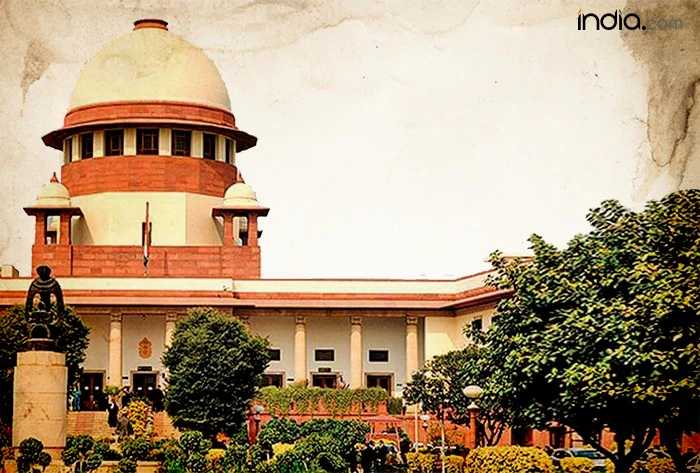
Indian SC compelled to react on Manipur women sexual violence case
Staff Writer
On July 20, the Supreme Court of India (SC) expressed “deep concern” over a video of two women being paraded naked in Manipur, calling it “simply unacceptable” and “the grossest of constitutional and human rights violations.” The court, led by Chief Justice of India D Y Chandrachud, warned the government to take action if nothing is happening on the ground. The court is concerned about the use of women as instruments for gender violence in communal strife and calls for the government to take action. The court has requested the presence of Attorney General R Venkataramani and Solicitor General Tushar Mehta to to answer the issues in Court on behalf of the government. .

The court is deeply disturbed by the visuals appearing in the media depicting the perpetration of sexual assault and violence on women in Manipur. The court believes that using women as instruments for violence is unacceptable in a constitutional democracy. The court must be apprised of the steps taken by the government to hold the perpetrators accountable and ensure that such incidents are not repeated. The Union and State Government are directed to take immediate steps, including remedial, rehabilitative, and preventive measures, and to apprise the court of the action taken before the next date of listing on affidavits.
Solicitor General Mehta expressed the same concern and said the government is also seriously concerned about such incidents. He stated that the government has initiated immediate steps to bring the perpetrators to book after the video surfaced and the outcome will be placed before the court. The matter was posted for hearing on July 28.
Senior Advocate Dushyant Dave, writing for IndianExpress on July 22, argues that the SC must be more proactive in handling the situation in Manipur, where communal frenzy has led to violence and public assaults. The SC was initially moved on May 6 through a Public Interest Litigation (PIL) but hesitated and dithered in passing concrete orders during hearings of writ petitions seeking protection of fundamental rights of lakhs of citizens. The state seemed to fail to act on the incident, despite the Union Home Minister’s visit.
The SC must be conscious at all times about its role under Article 32, a fundamental right guaranteed to every citizen. It is not only quick to develop fine jurisprudence but also quick in not applying it. There have been instances where the SC has failed to act, such as hundreds of people being killed in fake encounters across the country, houses demolished without any sanction of the law, and minorities being violently attacked by majoritarian mobs.
The SC has been inconsistent in its approach towards the enforcement of fundamental rights, with several instances where the court has failed to act. Citing Sheela Barse v. Union of India (1988), Dave states that the Supreme Court has declared that the compulsion for the judicial innovation of the technique of a public interest action is the constitutional promise of a social and economic transformation to usher in an egalitarian social order and a welfare State. More importantly, the court is not merely a passive, disinterested umpire or onlooker but has a more dynamic and positive role with the responsibility for organizing the proceedings, moulding of the relief, and supervising the implementation thereof.
If this is the approach of the highest court, why did it not act to protect the people of Manipur? Dave questions.
“Over 100 people have died, state armouries were looted, and automatic weapons were used. The writ petitions filed were in the nature of Public Interest Litigation and had sufficiently alleged the grossest violation of the fundamental rights of citizens. The Court was obliged to intervene and not merely wish it away fearing that its platform was used for political purposes.”
Stating that the Constitution is a living document, he quotes from Coelho v. State of Tamil Nadu (2007). The SC must bear in mind that the principle of constitutionalism is now a legal principle which requires control over the exercise of governmental power to ensure that it does not destroy the democratic principles upon which it is based. These democratic principles include the protection of fundamental rights and advocate a check and balance model of the separation of powers.
Dave has expressed his hope that the SC, having realized the seriousness of the situation in Manipur, will act firmly and affirmatively. This will include issuing appropriate directions to protect the lives of citizens and take further ameliorative and rehabilitative measures to enforce fundamental rights including those under Articles 21 and 14 of the Constitution.

